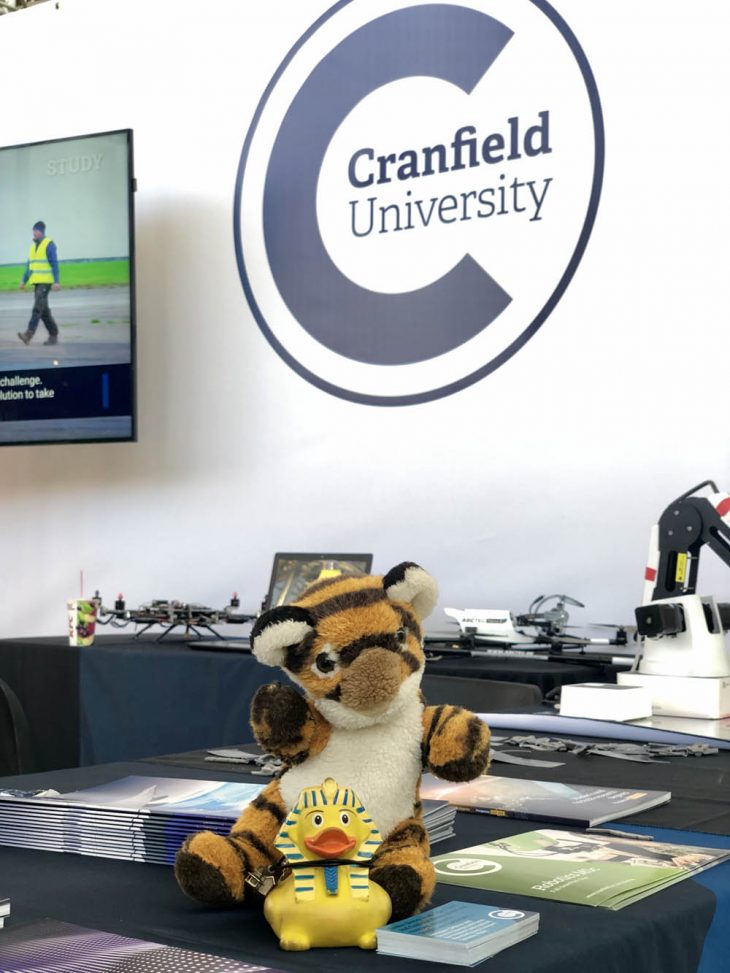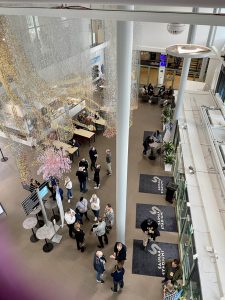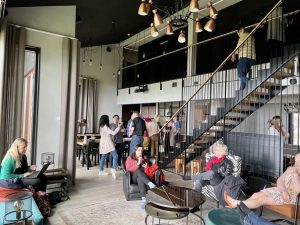
The disappearing workspace – it’s not personal
Vol. 25, Issue 23, 14 April 2023
Now that many companies and organisations have survived the remote work scenarios forced on them by the recent pandemic, and employees have experienced the benefits of the same, how does that leave us with the current trends in working life?
As I have previously written, many companies have offered employees the option to continue with remote or hybrid work, and others have not. With companies that have a mix of employees now working remotely and those that have chosen hybrid or even a full return to the workplace, we are seeing a trend whereby the personal workspace is disappearing to be replaced by shared “hot desks”.

Shared workspaces have been around for quite some time, mainly being utilised by employees that have no real need for a permanent physical workspace. Now that remote work is becoming the norm in many companies, personal desks and offices are no longer necessary, freeing up the possibility for companies to reduce the size of their expensive real estate. This in turn introduces the possibility for employees, working either partly or permanently from the workplace, to select whatever workspace is available.
However, where does this actually leave the employee if they wish to work on site rather than remotely? Some might feel that there is more freedom – turn up for work each day and find the nearest workspace and connect your laptop, easy right? Well, for many people, a workspace is not just a place to sit and work for eight hours a day, five days a week, it is a more personalised space. Many people have desktop ornamentation, photos, keepsakes, etc, and often decorate their work surroundings with other things such as posters or calendars on the walls. Remove the possibility for all this – you can’t keep such things in shared workspaces as it is not “yours” – and you remove a basic connection the employee has with the workplace.

From this we have a problem, loss of connection to the workplace means a loss of identification with the organisation and a loss of connection to the employer. Lose these and employees often start losing motivation resulting in less dedication to their employer and poorer performance in their work. People can become distant, less sociable, more lonely, and depressed. You don’t need me to fill in the rest.

Employers have long battled with employees for personalising their workspaces, thinking that it is a workplace not their own property, but most come to understand that it is something that is necessary for an employee. When you think about it, most people spend a third of their day at their workplace, another third sleeping, and the remaining third is used for family, entertainment, exercise, etc. This means that for most of us, the majority of our 24-hour days are dedicated to our employers, and often for approximately forty years of our lives – sometimes longer. Is it therefore too much to ask that we bring a little personalisation into our day, a reminder of home, a loved one, a pet, or just something fun, to make us feel more comfortable and happier in our working lives?
- First impressions last – dress to impress for an interview - 15th November 2024
- If we had true unity, could Europe be run like a Business? - 27th September 2024
- BIP – Rijeka, Croatia - 13th September 2024
